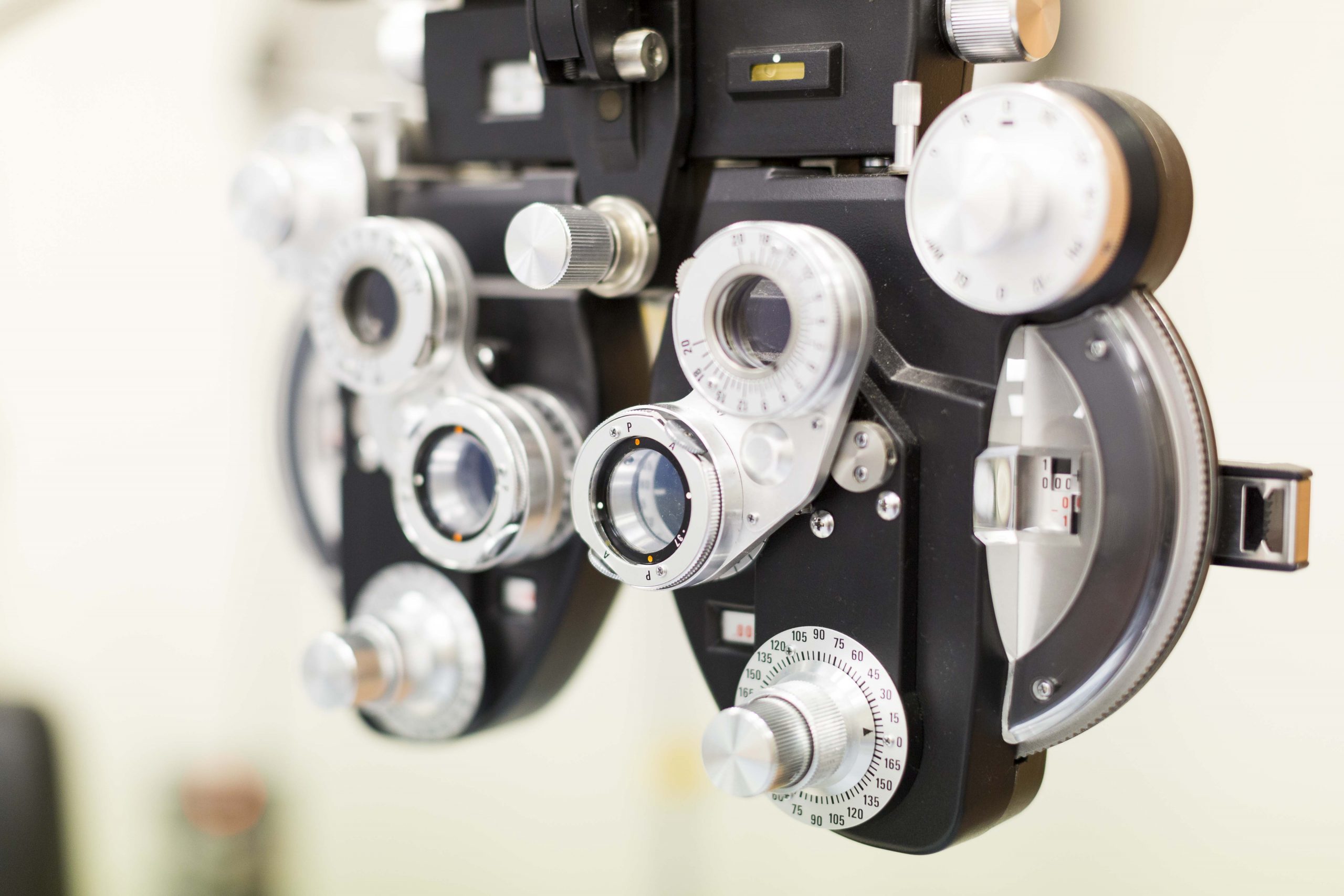News
Understanding female IRD carriers
Research into X-linked inherited retinal diseases has often focused on men. Now, a study aims to ensure everyone benefits from emerging treatments.
Inherited retinal diseases (IRDs), a broad group of genetic eye conditions caused by changes in a person’s genetic code, don’t always affect men and women in the same way.
“A majority of female carriers of X-linked IRDs have a near-normal retina, while at the other end of the spectrum is quite severe disease, similar to what males with these conditions experience,” says Sena Gocuk, optometrist, CERA researcher and PhD candidate at the University of Melbourne.
The condition of many female carriers is often so mild it’s only identified after a male relative has been diagnosed with an IRD.
That’s why past research has focused only on men. However, it is now known that some women are much more significantly affected, and can become legally blind even as a carrier.
Operating instructions
Chromosomes are the thread-like structures located inside the nucleus of living cells. They contain the instructions for how those cells should operate – and also determine a person’s biological sex.
Females have two X-chromosomes and males have one X and one Y, so certain IRDs can affect the sexes in very different ways, as Gocuk explains: “Conditions like choroideremia, and some forms of retinitis pigmentosa, are X-linked conditions, meaning they are caused by faults in the X-chromosome.”
As men only have one X-chromosome, a single copy of the mutated gene means they’ll develop the retinal condition. For women, an X-linked retinal condition may present quite differently – with some having no symptoms and others noting vision changes.
“If a female has one mutated and one normal gene, individual cells randomly decide which of the two X-chromosomes are expressed. Because of that, you get a wide spectrum of disease severities.”

Survey and study
During clinical visits, Gocuk will learn more about the eye health of female carriers, with participants receiving genetic testing and counselling, as well as undergoing comprehensive eye examinations to assess their retinas. They can also continue in the study to monitor how their vision changes over time.
In another part of her study, Gocuk is asking female relatives of men with X-linked IRDs to complete an online survey to develop a better understanding of how these conditions affect women.
Gocuk says previous questionnaires that have looked at female carriers of other genetic conditions found many women experience “shock, guilt and anxiety” when male relatives are diagnosed.
“One of my participants became quite teary when speaking about her experiences because she has a number of male relatives with retinitis pigmentosa. She knows this research might not benefit her or her children, but she wants to contribute.”
“It’s been quite rewarding to hear these stories.”
As a recipient of the University of Melbourne’s Harold Mitchell Postgraduate Travelling Fellowship and a Choroideremia Research Foundation (USA) travel grant, Gocuk is using the funds to travel to the University of Oxford to examine 10-year data from a UK longitudinal study.
This runs alongside another ongoing project at CERA that is studying people who are living with an IRD, known as the Victorian evolution of inherited retinal diseases – natural history registry (VENTURE).
Gocuk hopes her research helps lay the groundwork in determining whether more women can benefit from emerging treatments, like gene therapy.
“It would be quite rewarding – and potentially life changing – for female carriers of X-linked eye diseases.”
If you think you’re a female carrier of an X-linked inherited retinal disease or would like further information, please email Sena Gocuk: sena.gocuk@unimelb.edu.au
This story has been updated since it was first published in April 2022.
